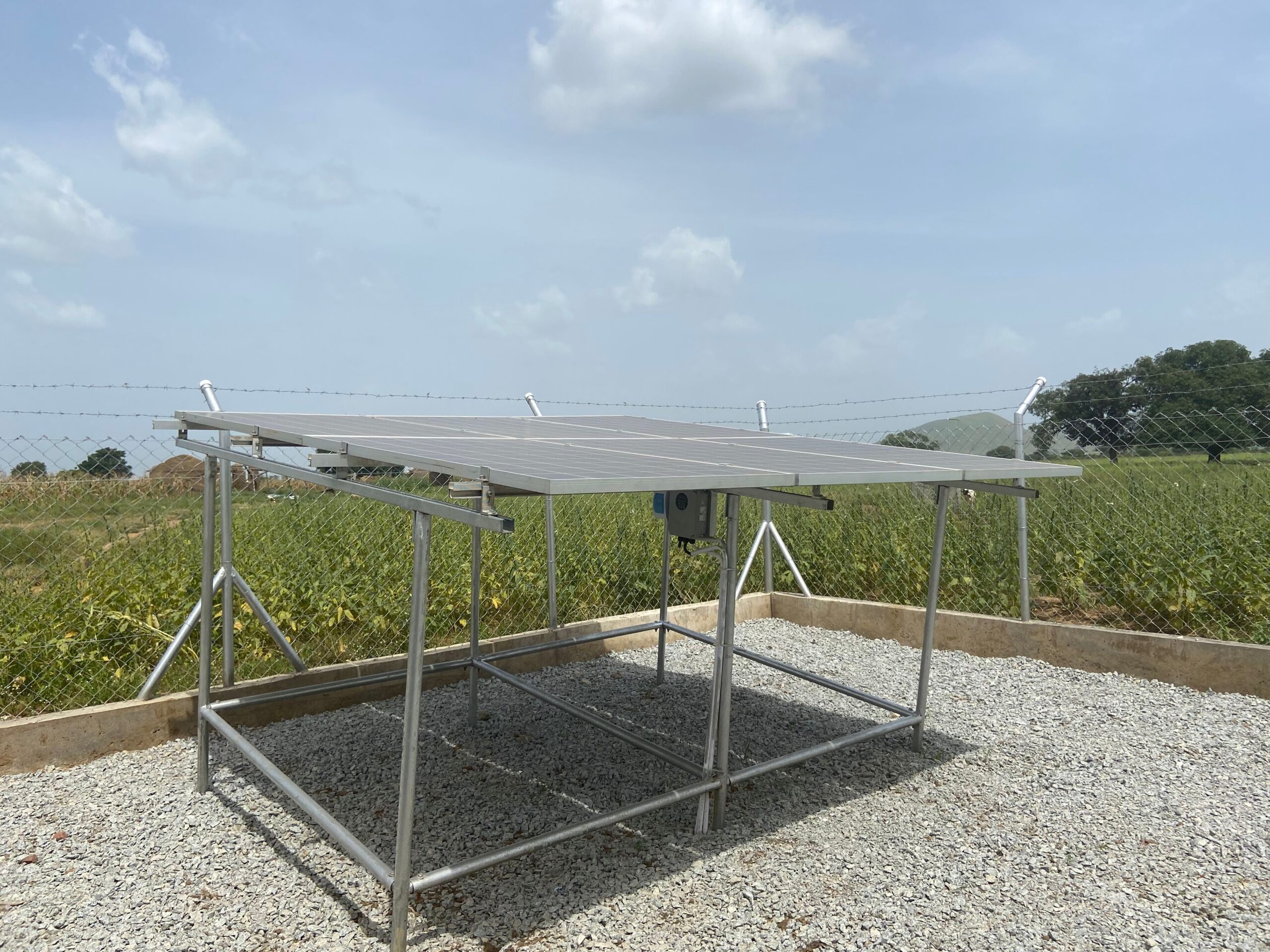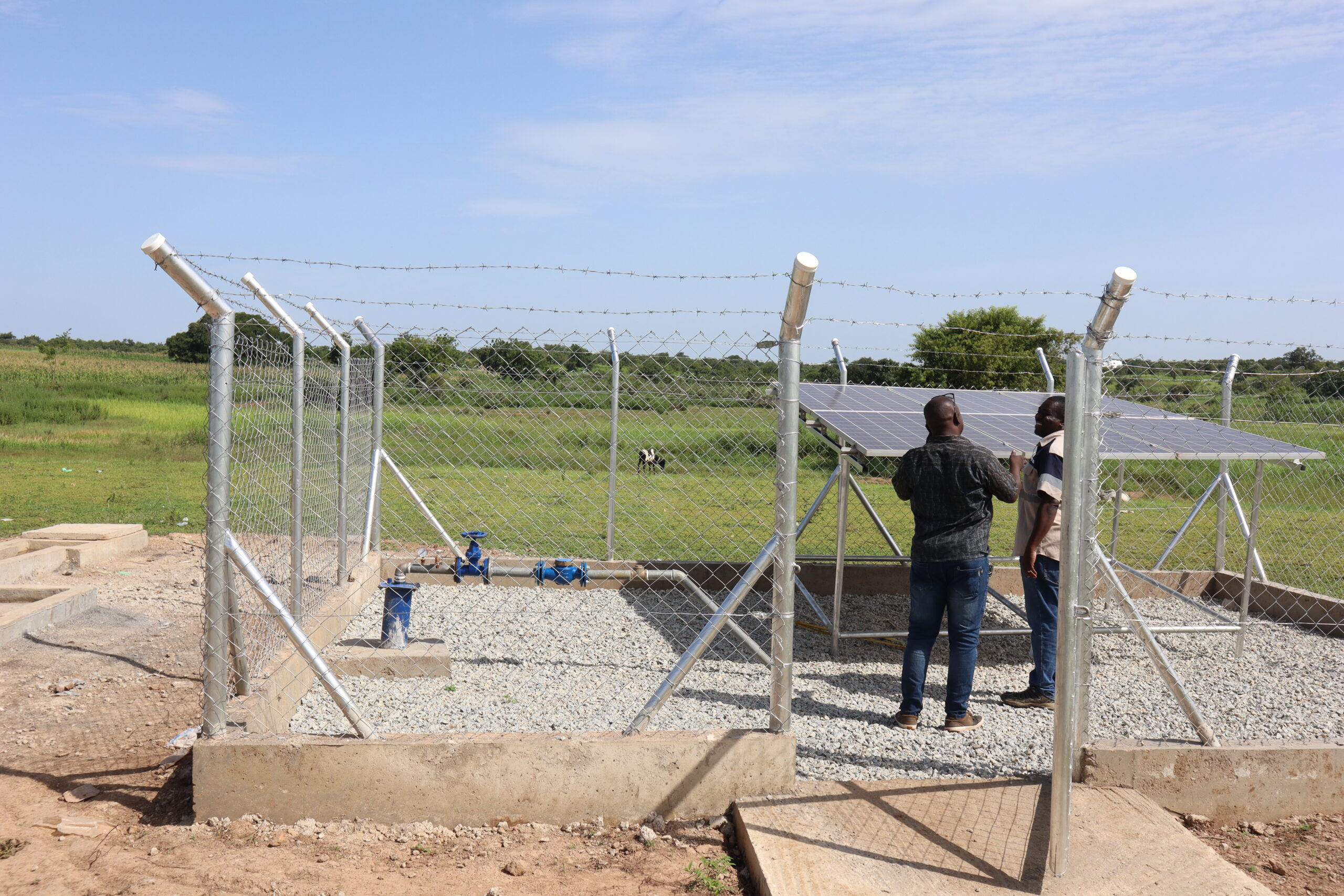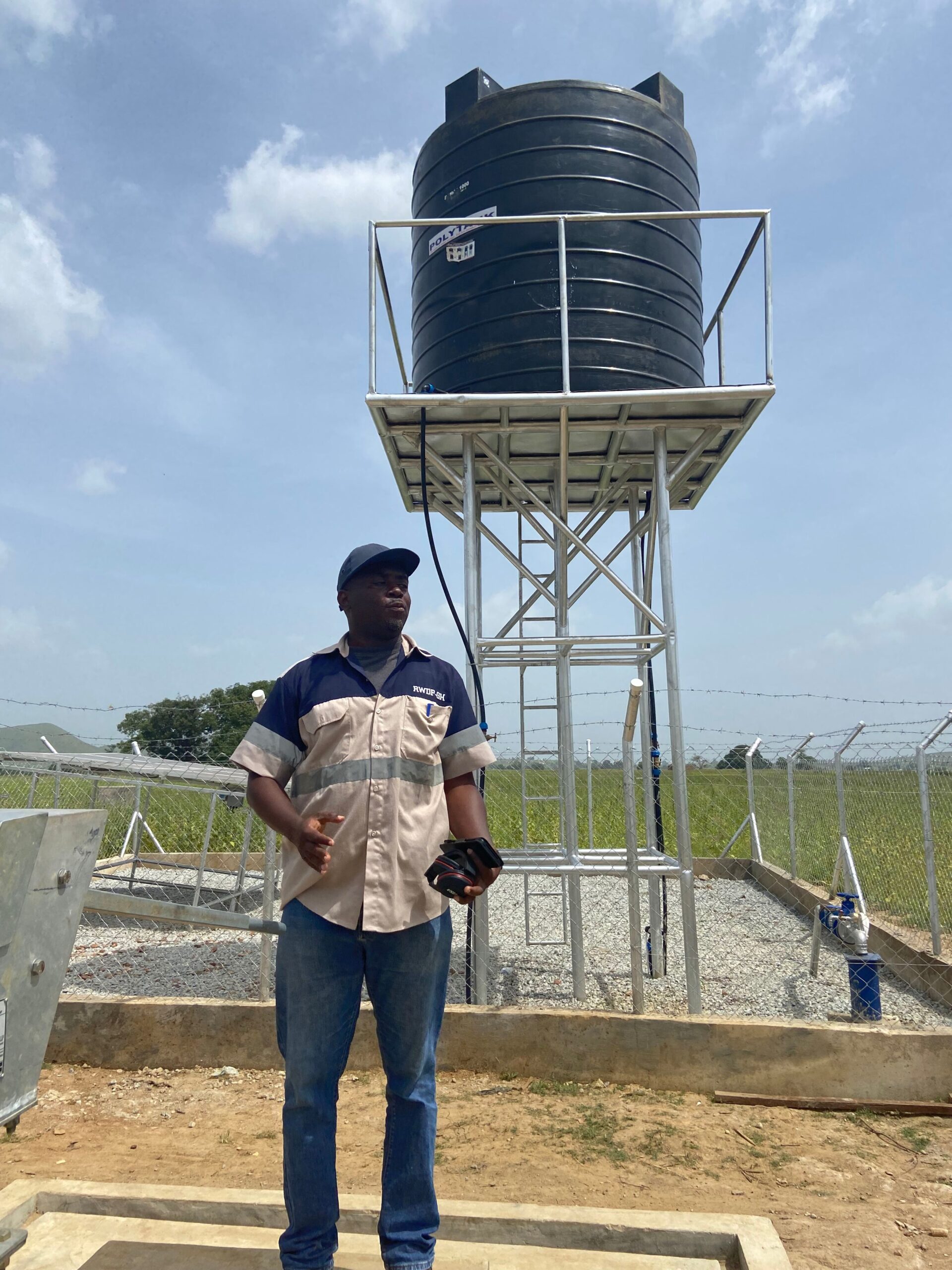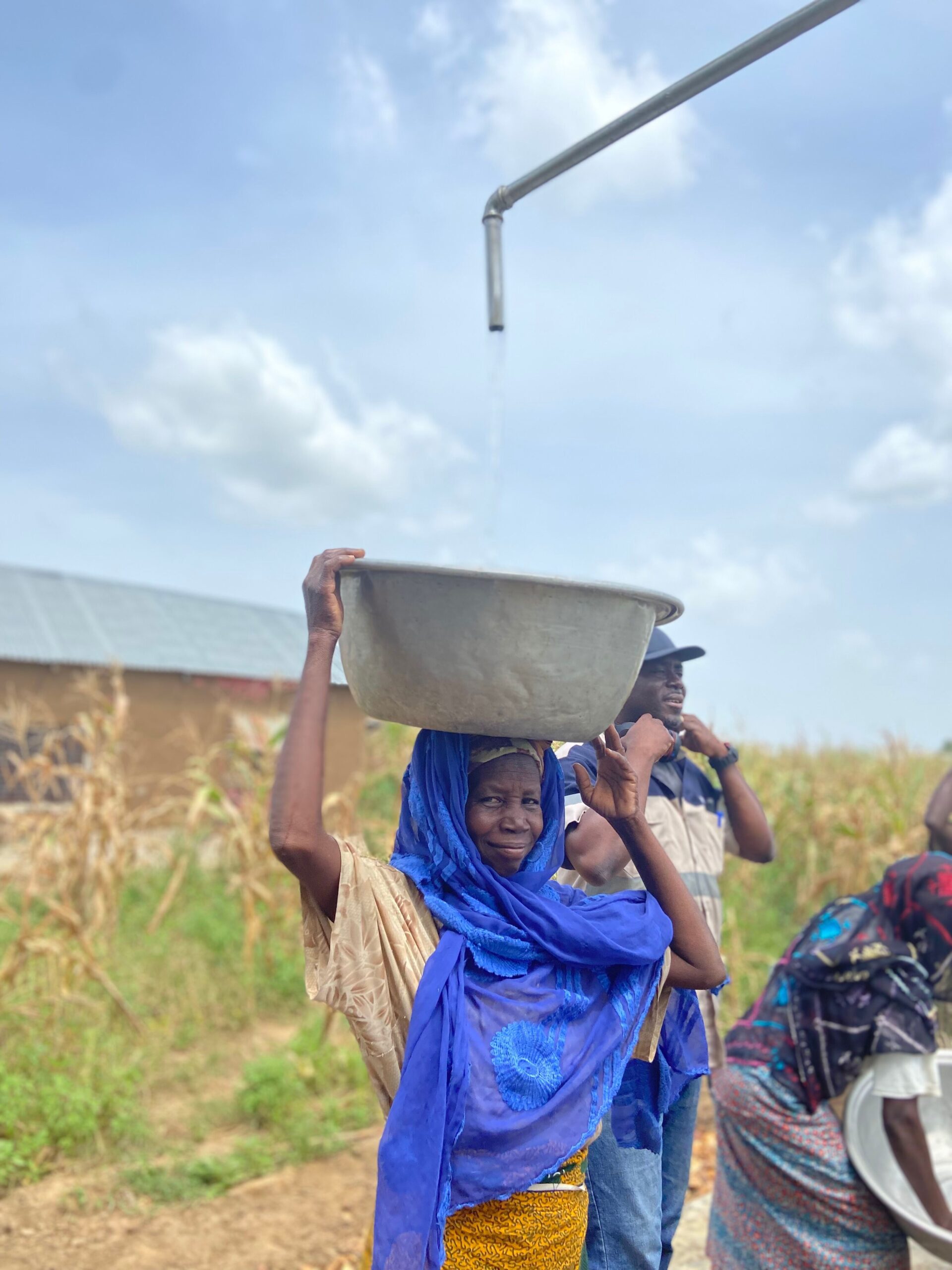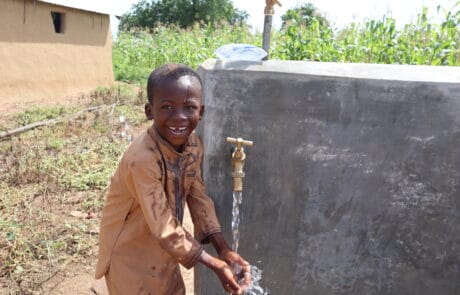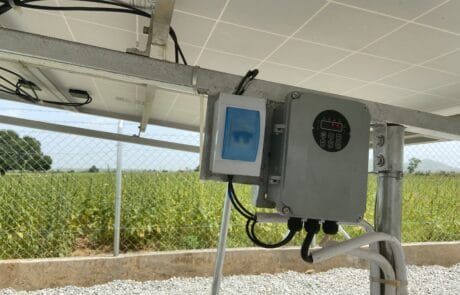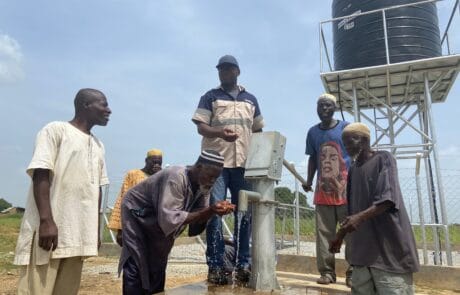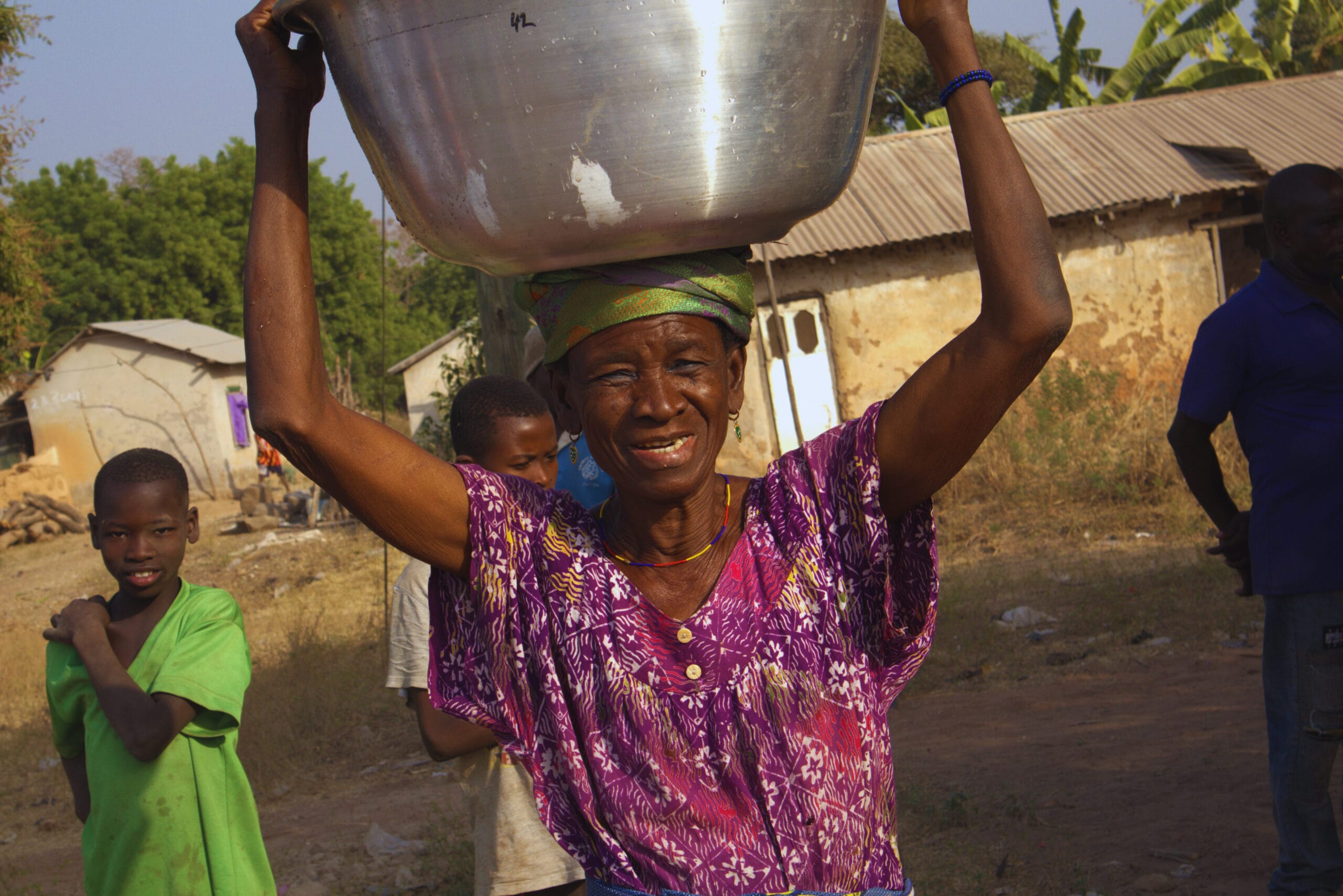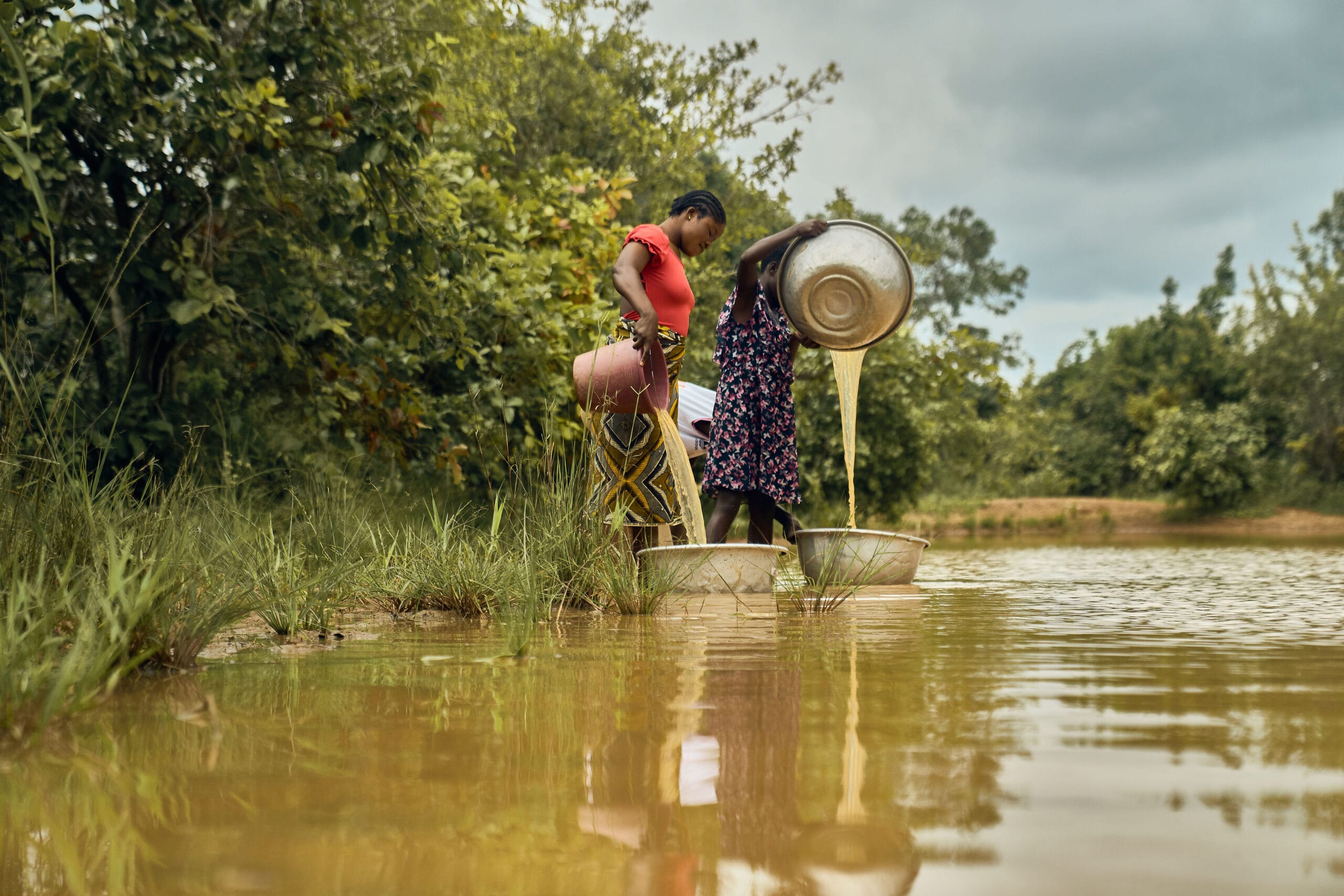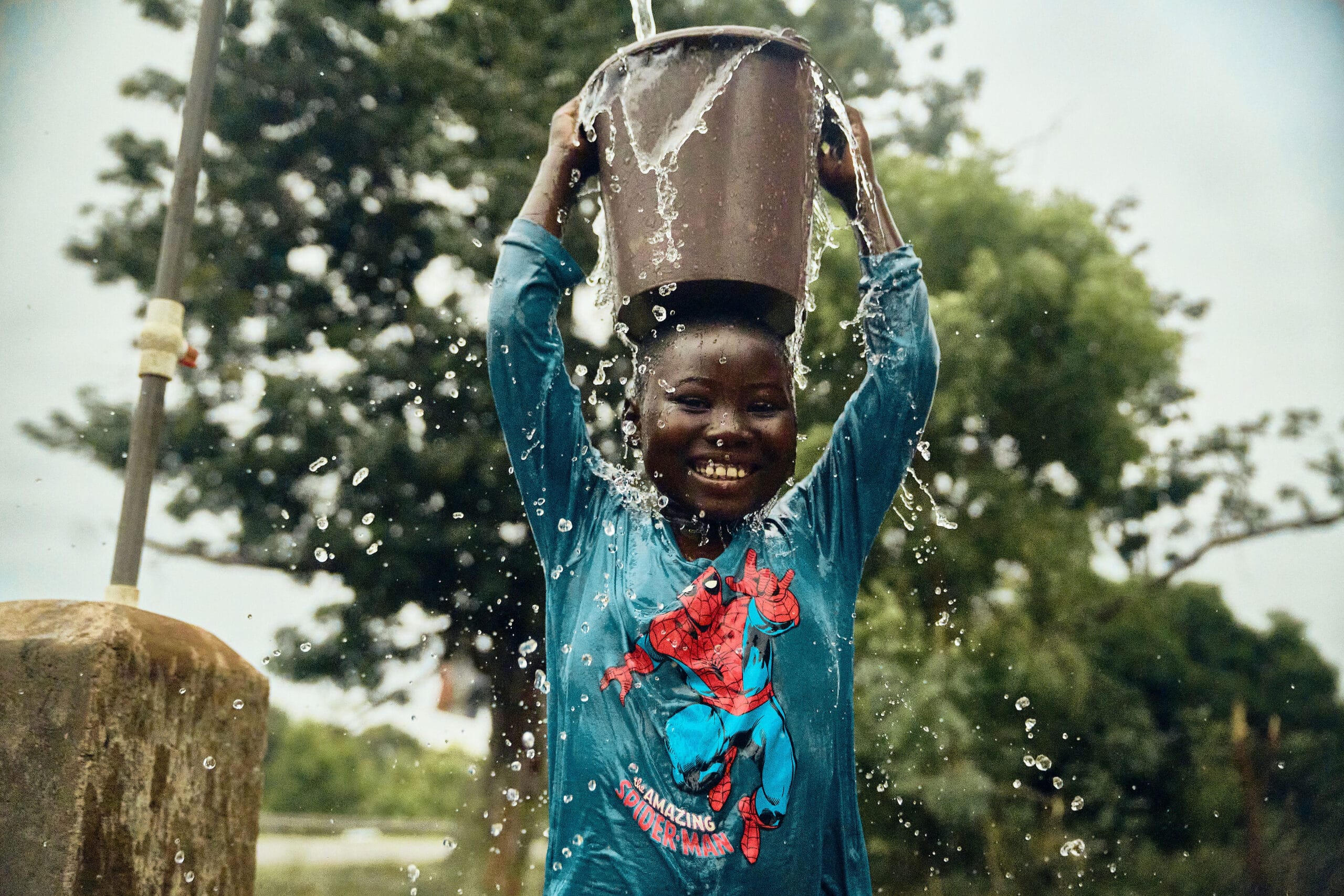The Sahel Challenge: Renewable Solutions for Water Scarcity
The Sahel region of West Africa is one of the most climate-vulnerable areas in the world. Stretching across the southern edge of the Sahara Desert, it is home to millions whose lives depend on increasingly unpredictable and scarce water resources. Communities face the harsh realities of prolonged droughts, desertification, conflict and dwindling aquifers, directly threatening livelihoods, food security, and health. But amidst these challenges, hope takes root through innovative, community-driven solutions.
Understanding the Problem
The Sahel area of Northern Ghana is experiencing rising temperatures at 1.5 times the global average. Rainfall, though vital, is erratic, leaving communities with prolonged dry spells and sudden deluges. This instability disrupts agriculture, the primary livelihood for most residents, and exacerbates water scarcity, forcing many to walk long distances in search of clean water. Without access to safe and reliable water, entire communities are caught in a cycle of poverty, malnutrition, and preventable diseases.
WFWA’s Approach: Empowering Communities with Sustainable Solutions
Water for West Africa (WFWA) addresses these challenges head-on with innovative and practical solutions tailored to the region’s unique needs. Here are some of the key strategies:
Installing Hand Pumps and Boreholes
WFWA partners with local communities to drill boreholes and install durable hand pumps, providing a sustainable source of clean water. These pumps are strategically placed near villages, schools, and kindergartens, reducing the burden on women and children who often bear the responsibility of fetching water. By ensuring proper maintenance training for community members, these solutions are built to last.
Harnessing Solar Power for Water Accessibility
WFWA implements solar-powered water systems in areas with sufficient sunlight to pump water into storage tanks. This renewable energy solution provides a consistent water supply and reduces reliance on fossil fuels, aligning with climate resilience goals.
Community-Led Water Management
Empowering local communities to manage their water resources is at the heart of WFWA’s mission. By forming water management committees and offering training, WFWA ensures that communities take ownership of the infrastructure, fostering accountability and long-term sustainability.
Replenishing Groundwater with Reforestation
WFWA collaborates with local governments and NGOs to combat desertification to promote reforestation and soil restoration along water catchment areas. Planting trees stabilizes the soil and helps recharge groundwater reserves, ensuring a steady supply for future generations.
Sapelliga along the Ghana Burkina Faso Border
One such success story is from a village in northern Ghana, where WFWA partnered with the community to drill a borehole and train locals in its maintenance. Before the project, residents relied on an unreliable, polluted stream several kilometers away.
Today, the borehole serves over 500 people with clean, safe water, reducing illnesses and giving women and children the gift of time and health.
Moving Forward
While significant progress has been made, the work is far from over. The Sahel’s challenges demand continued collaboration, innovation, and investment. WFWA remains committed to scaling these solutions and bringing clean water to the most remote and underserved communities in West Africa.
Together, we can turn the tide on water scarcity in the Sahel, proving that hope and resilience can thrive even in the harshest conditions.
